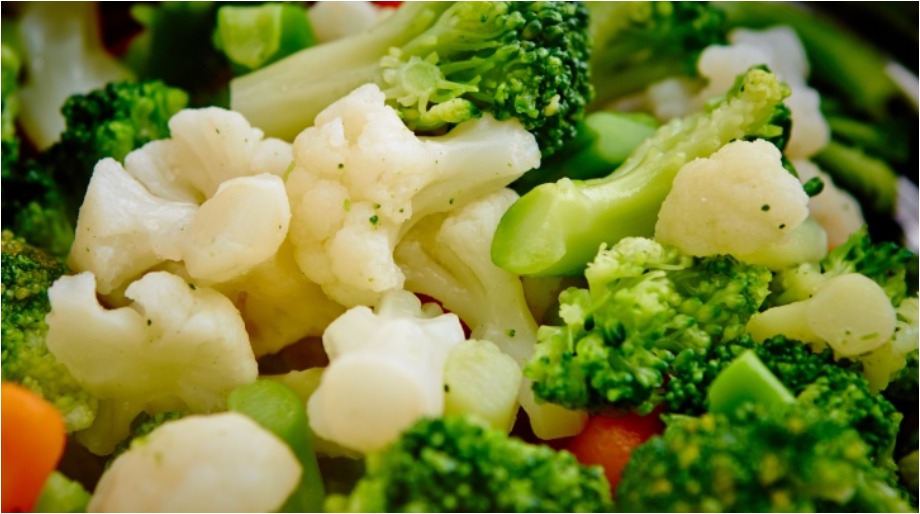
Fruits and vegetables are rich sources of essential nutrients that can support the body’s natural healing processes and promote wound healing. Here’s how these foods can contribute to wound healing:
- Vitamin C: Many fruits, such as oranges, strawberries, and kiwis, and vegetables like broccoli and bell peppers, are high in vitamin C. This vitamin is essential for collagen synthesis, which is crucial for wound healing. Collagen provides structural support to the skin and helps with tissue repair.
- Vitamin A: Fruits and vegetables like carrots, sweet potatoes, and spinach are rich in vitamin A. This vitamin is involved in the formation of new skin cells and supports epithelial tissue repair, making it essential for wound healing.
- Antioxidants: Fruits and vegetables are abundant sources of antioxidants, such as vitamins C and E, and various phytochemicals. These compounds help neutralize harmful free radicals that can impede the healing process and cause further damage to the wound.
- Zinc: Certain vegetables like beans, lentils, and chickpeas, and fruits like avocados contain zinc, an essential mineral for wound healing. Zinc is involved in cell division and protein synthesis, both of which are critical for tissue repair.
- Protein: Some vegetables like peas and beans, and fruits like avocados, are sources of plant-based proteins. Protein is essential for tissue repair and the synthesis of new cells and tissues at the wound site.
- Hydration: Many fruits and vegetables have high water content, which is essential for overall hydration. Proper hydration supports skin health and helps maintain moist wound healing conditions.
- Fiber: Dietary fiber from fruits, vegetables, and whole grains can support gut health and bowel regularity, indirectly aiding wound healing by preventing constipation and promoting the elimination of waste and toxins.
- Anti-Inflammatory Properties: Fruits and vegetables contain compounds with anti-inflammatory properties, which can help reduce inflammation at the wound site and support the healing process.
- Immune Support: Fruits and vegetables provide essential vitamins and minerals that support immune function. A robust immune system is crucial for fighting off infections and promoting efficient wound healing.
- Fluid Balance: The potassium content in fruits and vegetables, such as bananas and spinach, helps maintain fluid balance in the body, which is important for wound healing and preventing dehydration.
Incorporating a variety of colorful fruits and vegetables into your diet can provide a broad spectrum of nutrients that support wound healing and overall health. Additionally, staying hydrated, maintaining proper nutrition, and following appropriate wound care practices are essential for optimal wound healing. For serious wounds or chronic conditions, it’s important to seek medical attention and follow the guidance of healthcare professionals to ensure proper wound management and healing.
